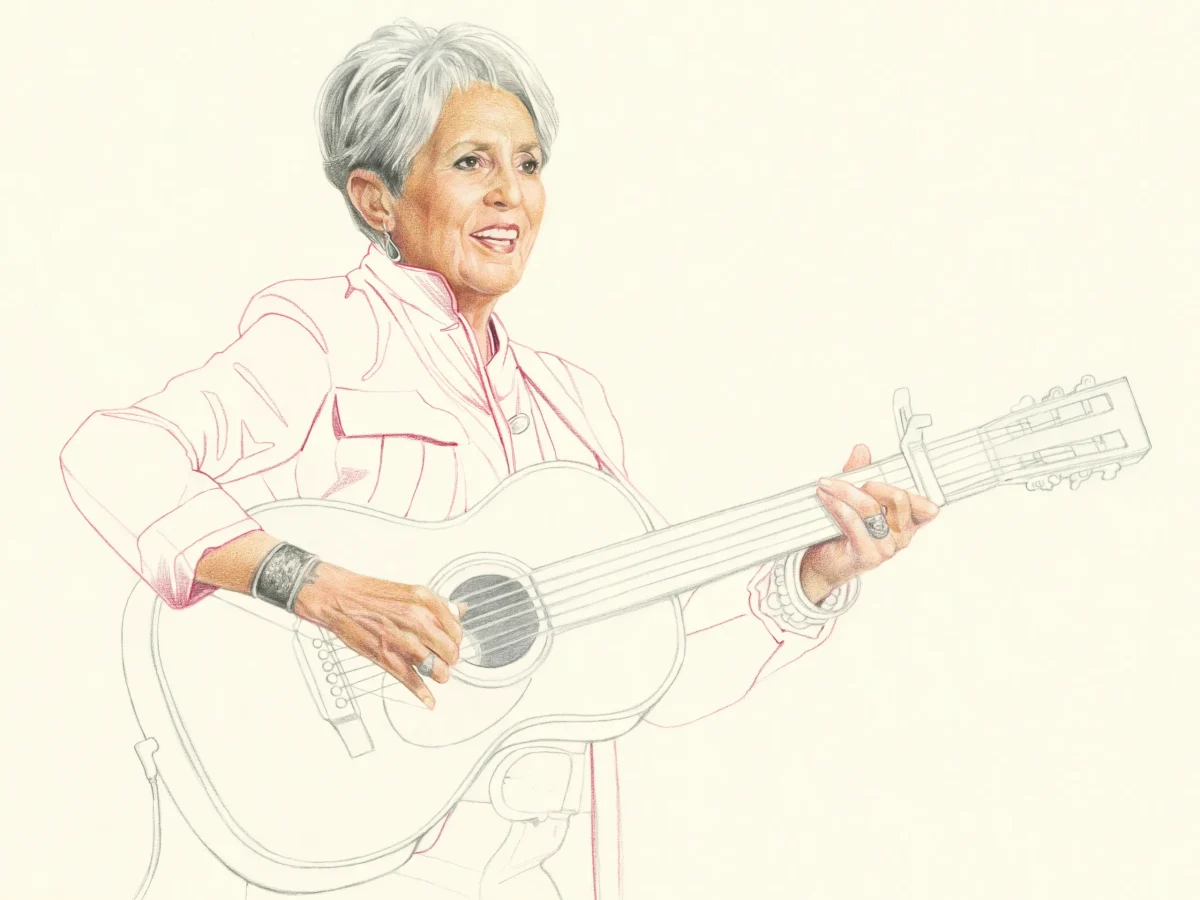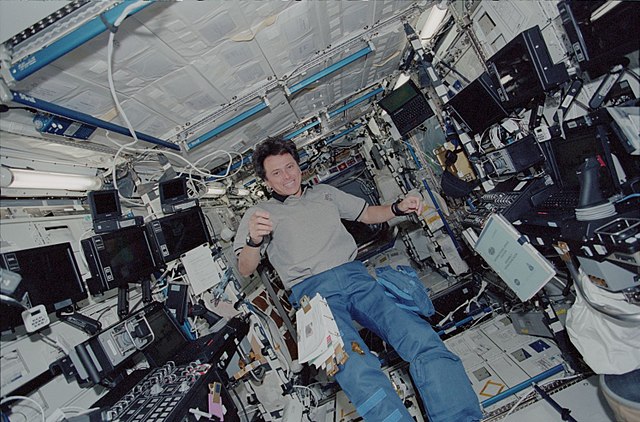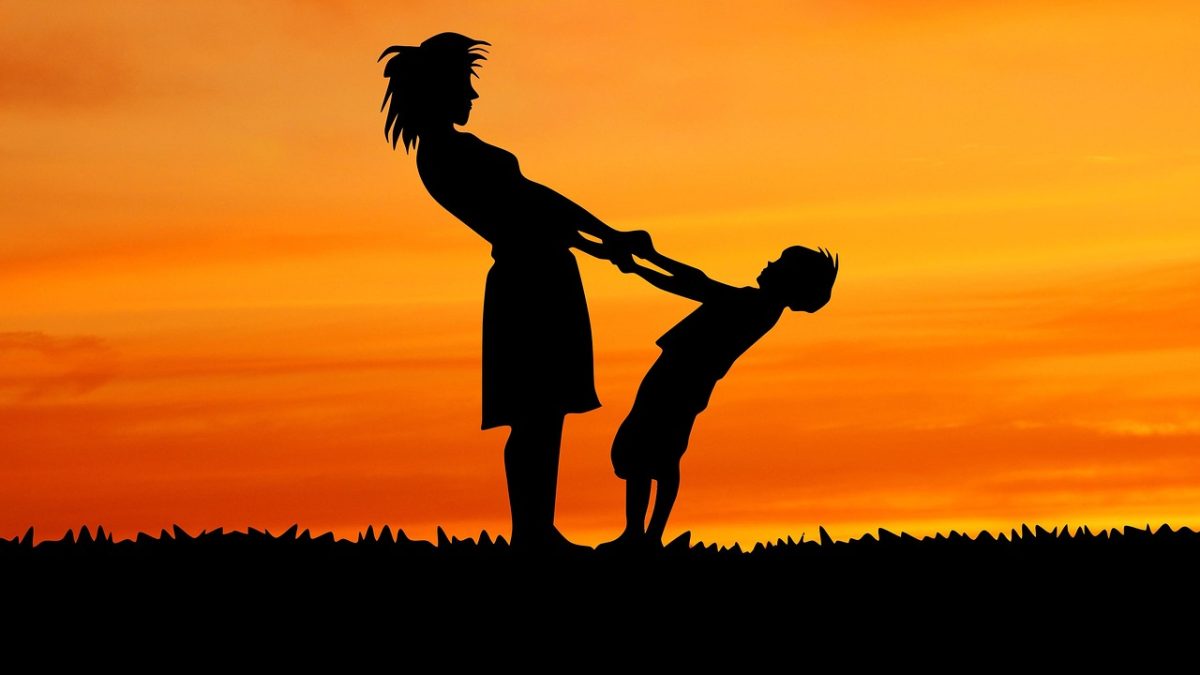“I think music has the power to transform people, and in doing so, it has the power to transform situations – some large and some small.” Joan Baez has become a huge part of music and national activism. Baez is a folk singer who uses her music to speak on many different civil rights movements and pursue activism. Her music is generally classified as folk rock, pop, country, and gospel music. Her first three albums Joan Baez, Joan Baez, Vol. 2, and Joan Baez in Concert, all achieved gold record status, singing about civil rights movements and social justice in the 60s.
Baez was born to Mexican and Scottish descent. Baez had always faced racial slurs and discrimination in her early childhood. She knew she wanted to make changes in the world and wanted to begin making changes fast. She became involved with social issues early on in her life. She would only play in desegregated venues when she first began touring in southern states. Many of Baez’s songs were based on current social justice problems and how we should develop solutions for them. Baez released her first album, “Joan Baez, Vol 1.” in the summer of 1960. Most songs touched on the current issues in the world and the civil rights movement. In 2015, the album was selected for induction into the National Recording Registry of the Library of Congress for special recognition and preservation as one of the sound recordings in over 130 years of recording history that has “cultural, artistic and/or historical significance to American society and the nation’s audio legacy.”
Baez was an active participant in the 1960s protest movement, Baez made free concert appearances for UNESCO, civil rights organizations, and anti-Vietnam War rallies. In 1964 she refused to pay federal taxes that went toward war expenses, and she was jailed twice in 1967. Baez constantly fought and used her voice for social and political matters. She was also singing at many concerts for many of these causes. Joan became popular due to her performances at the Newport Folk Festival in 1959 and 1960. In 1963, Joan sang “We Shall Overcome” at the March on Washington alongside Dr. Martin Luther King, Jr. where he delivered his “I Have a Dream” speech. Joan Baez continued using music as a force for activism as an outspoken critic of the war in Vietnam, founding the Institute for the Study of Nonviolence in 1964 and encouraging her listeners to avoid paying taxes in support of the war. Throughout her career, she demonstrated a commitment to social and political causes, such as Amnesty International, Live Aid, and others. Baez immersed herself in human rights activism from marching with Dr. Martin Luther King Jr., working alongside Cesar Chavez fighting for migrant farm workers in California, traveling to Hanoi, Vietnam during the Christmas Bombings to address human rights, and delivering Christmas mail to prisoners of war.
Baez was a huge part of Amnesty International, which is a non-governmental organization focused on human rights and social issues. In 2011, Amnesty International dedicated an award to Baez called the Amnesty International Joan Baez Award for Outstanding, Inspirational Service in the Global Fight for Human Rights. The award will be given to artists – working in music, film, fine arts, or other media who are constantly using their voices for social issues. She helped fight for civil rights, social issues, and human rights which paved the way for many new artists who are also passionate about civil rights.








